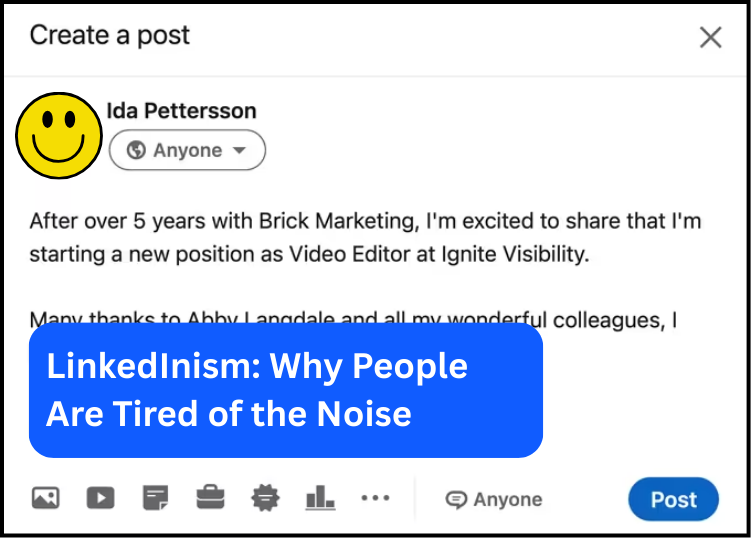Getting a job offer should feel like a win. But if something seems off, it might not be real. Fake offers are becoming harder to detect, especially when they’re wrapped in polished emails, friendly conversations, and official-sounding job titles.
Here’s how to tell the difference between a real opportunity and a scam before you waste time, share private information, or put yourself at risk.
1. The process moved too fast
Scammers want you to act quickly. If you barely applied or never interviewed, yet somehow received an offer, take a step back. A real job offer usually follows a clear process. Interviews come first. Sometimes reference checks too. If someone is offering you a role with no effort on your part, that’s a red flag.
2. The contact details feel off
Always check the sender’s email address. Real companies use official domains. If someone is reaching out from a free email service or the address includes strange characters, don’t trust it right away. You can also look up the company’s hiring staff on LinkedIn and compare names.
3. The company website is sketchy or missing
If you were offered a job at a company you’ve never heard of, do a quick search. Look for a working website, social proof, or recent activity online. If the site looks unfinished, has broken links, or doesn’t match what you were told, it might be fake.
4. They want your personal information upfront
A legitimate company will not ask for your passport, national ID, or bank details before you’ve officially started. If you’re being asked to fill out sensitive forms right after accepting the role, pause and question it. Scammers use fake onboarding documents to collect your information.
5. You’re being asked to send money
No job should cost you money. If someone says you need to pay for equipment, training, or onboarding services, stop. Even if they promise reimbursement later, this is one of the most common scam tactics. Legitimate companies cover those expenses themselves.
6. The offer is too generous
If the salary feels unusually high or the benefits list sounds like it came from a dream job generator, take a closer look. Scammers often use inflated pay to grab attention and push people into quick decisions. Compare the offer to what similar roles are paying in your field.
7. They avoid live calls or video interviews
If communication happens only through email or messaging apps and there’s no option for a video call, that’s suspicious. Most employers want to speak to you in person or over video before making a final decision. If someone is avoiding this step, they might not be who they say they are.
8. You feel uneasy but can’t explain why
Sometimes it’s not about a single red flag. It’s a feeling. If something doesn’t sit right or the communication feels forced, trust that instinct. Scammers rely on polite silence and rushed decisions. If you’re uncomfortable, take the time to double check everything.
Before you accept any offer
- Look up the company on multiple platforms
- Confirm the offer details in writing through a professional email domain
- Never share personal or financial info too early
- Ask questions about the role, team, and responsibilities
- Don’t let urgency override common sense
Job scams are getting harder to spot because they’re designed to blend in. They use real job titles, professional language, and convincing documents. But once you know what to watch for, you can stay ahead of them.
A real opportunity won’t disappear just because you asked a few questions. A fake one might.





